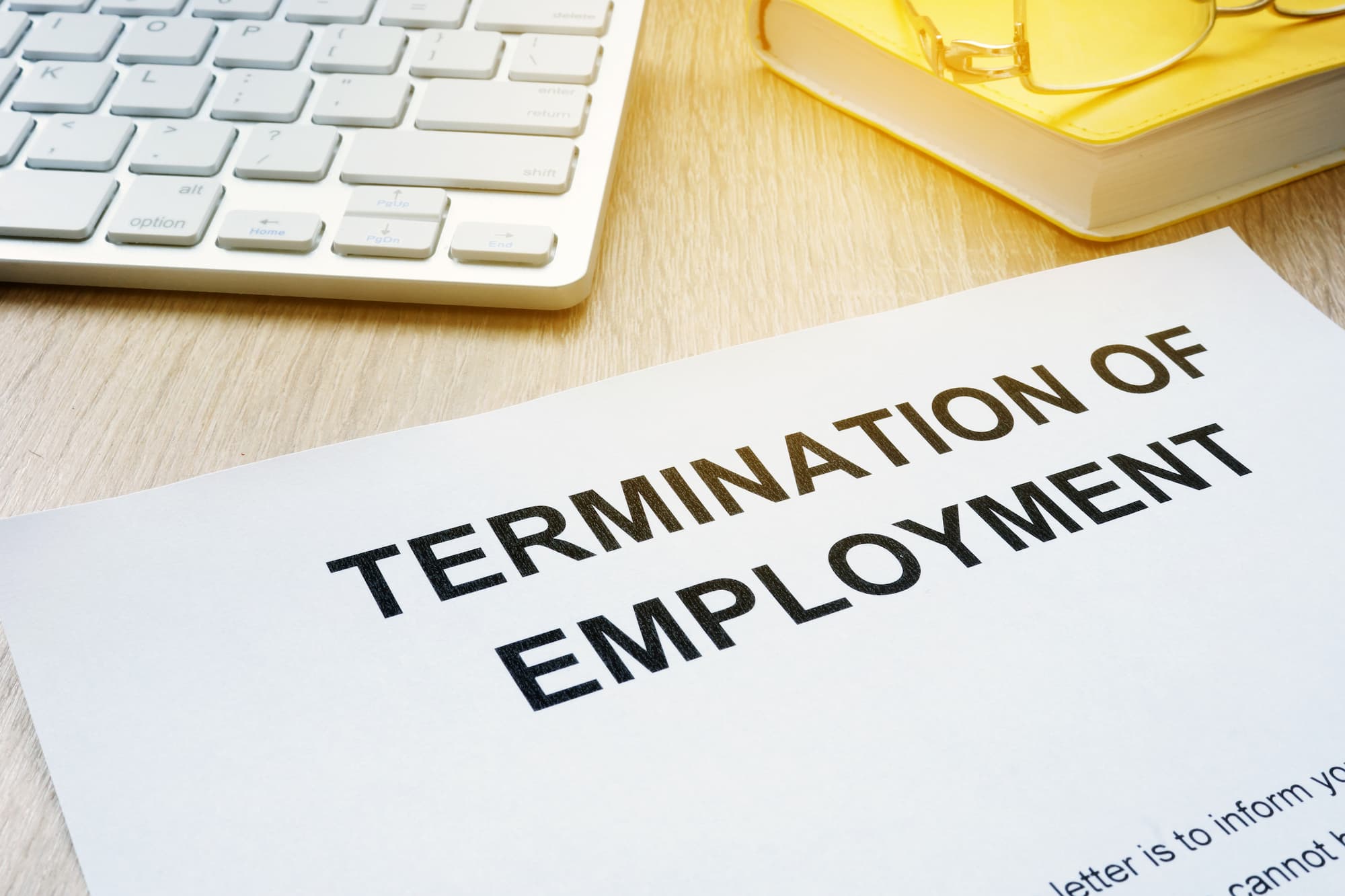Thou Shalt (Not) Wear Masks – Freedom of Religion and Mask Wearing Policies
Reading Time: 3 minutesBackground to Mask Wearing Exemptions
Since November 24, 2020, the Minister of Public Safety and Solicitor General ordered that masks must be worn in public indoor spaces, including workplaces. This order was re-iterated on January 8, 2021 by Ministerial Order M012.
Section 4 of Ministerial Order M012 confirms that the following people remain exempt from wearing a mask:
- children under 12 years old;
- anyone who is unable to wear a mask because of a health condition or impairment (whether that health condition or impairment is physical, psychological, behavioural, cognitive or emotional); and
- anyone who is unable to put on or remove a mask without help from another person.
In addition to the above exemptions, if a worker identifies a reason they are unable to wear a mask based on a protected ground under the BC Human Rights Code, the employer may have a duty to accommodate. You may have noticed that physical disability and mental disability are two examples of protected grounds already covered by existing exemptions from mask-wearing, as set out above. But what if a person refuses to wear a mask due to a religious or political belief or affiliation?
Religion and political belief are both protected grounds under the BC Human Rights Code. However, no automatic exemption applies for people who refuse to wear masks for reasons related to these grounds.
The Worker v. The District Managers, 2021 BCHRT 41 (the “Decision”)
In April 2021, the BC Human Rights Tribunal released a decision that provides key guidance on when the employer may have a duty to accommodate a worker who refuses to wear a mask on the basis of a stated religious belief.
The worker in this case was a contractor who attended at a job site without a mask. When the employer told the worker to wear a mask, the worker refused, citing religious reasons. The worker was refused entry into the worksite and was later terminated. The worker filed a human rights complaint.
In refusing the worker’s complaint to be filed at the initial screening stage, the Tribunal stated that protection of a religious belief or practice will be triggered if a person can show that they sincerely believe that the belief or practice:
(a) has a connection with religion; and
(b) is “experientially religious in nature”
In describing his religious belief or practice, the worker stated: “We are all made in the image of God, a big part of our image that we all identify with is our face. To cover-up our face arbitrarily dishonors God”.
Despite his explanation, the Tribunal found that the worker’s refusal to wear a mask turned largely on his beliefs regarding the efficacy of mask-wearing. The worker stated: “God makes truth of high importance that I must follow ethically and morally”, “forced mask wearing does not help protect anyone from viruses”, and, therefore, he cannot “live in that lie”. These assertions were insufficient to establish that the worker held a sincere religious belief and that the practice of abstaining from mask-wearing was “experientially religious in nature”.
Furthermore, the worker was unable to show that mask-wearing is prohibited by his particular religion, or that the practice of abstaining from wearing a mask “engenders a personal, subjective connection to the divine” or the subject or object of his spiritual faith.
As a result, the worker’s complaint was not allowed to proceed past the screening stage of the adjudication process.
Key Takeaways
Even if an employee asserts that their refusal to wear a mask is related to religious or spiritual practices, if the “belief” boils down to an opinion regarding the efficacy of masks, this will not be sufficient to trigger a duty to accommodate. Recently, the BC Human Rights Tribunal has been consistent in telling the public that it will not be accepting complaints from people who refuse to wear a mask as a matter of personal preference, because they believe wearing a mask is ineffective, or because they disagree that wearing masks helps to protect the public during the pandemic.
The Decision suggests that a worker who wishes to rely on their religious belief to justify their refusal to wear a mask will need to be armed with strong evidence at the outset. That evidence must show how wearing a face-covering is connected to their sincerely held religion or faith, and that the practice of abstaining from wearing a mask is “experientially religious in nature”. The worker must also be able to justify how the belief or practice is not simply an objection based on the actual efficacy of masks in protecting themselves or the general public. This latter point may be particularly relevant to keep in mind as more of the workforce become vaccinated.
Most employers we work with have already established mask-wearing policies reflecting guidance from health authorities. However, if after reading this post you would like to seek advice regarding appropriate policies or revisions to such policies to implement in your workplace, or you require advice on termination, please contact Michelle Quinn or any one of our Employment and Human Rights Lawyers.
-
In British Columbia, employees terminated without cause are entitled to notice or termination pay, while employees dismissed for cause are not. But what if, after a without-cause termination, the employer later uncovers misconduct that could have justified a for-cause dismissal? In our latest blog post, we review a recent BC decision where improper allegations of after-acquired cause backfired on the employer, highlighting important considerations for employers navigating termination issues.
-
The Court of Appeal decision of Café La Foret ltd v. Cho, 2023 BCCA 354 is a reminder to all employers that even misconduct such as sexual harassment will not always justify cause for dismissal. Context plays a big role in determining whether an employer has cause for dismissal.







